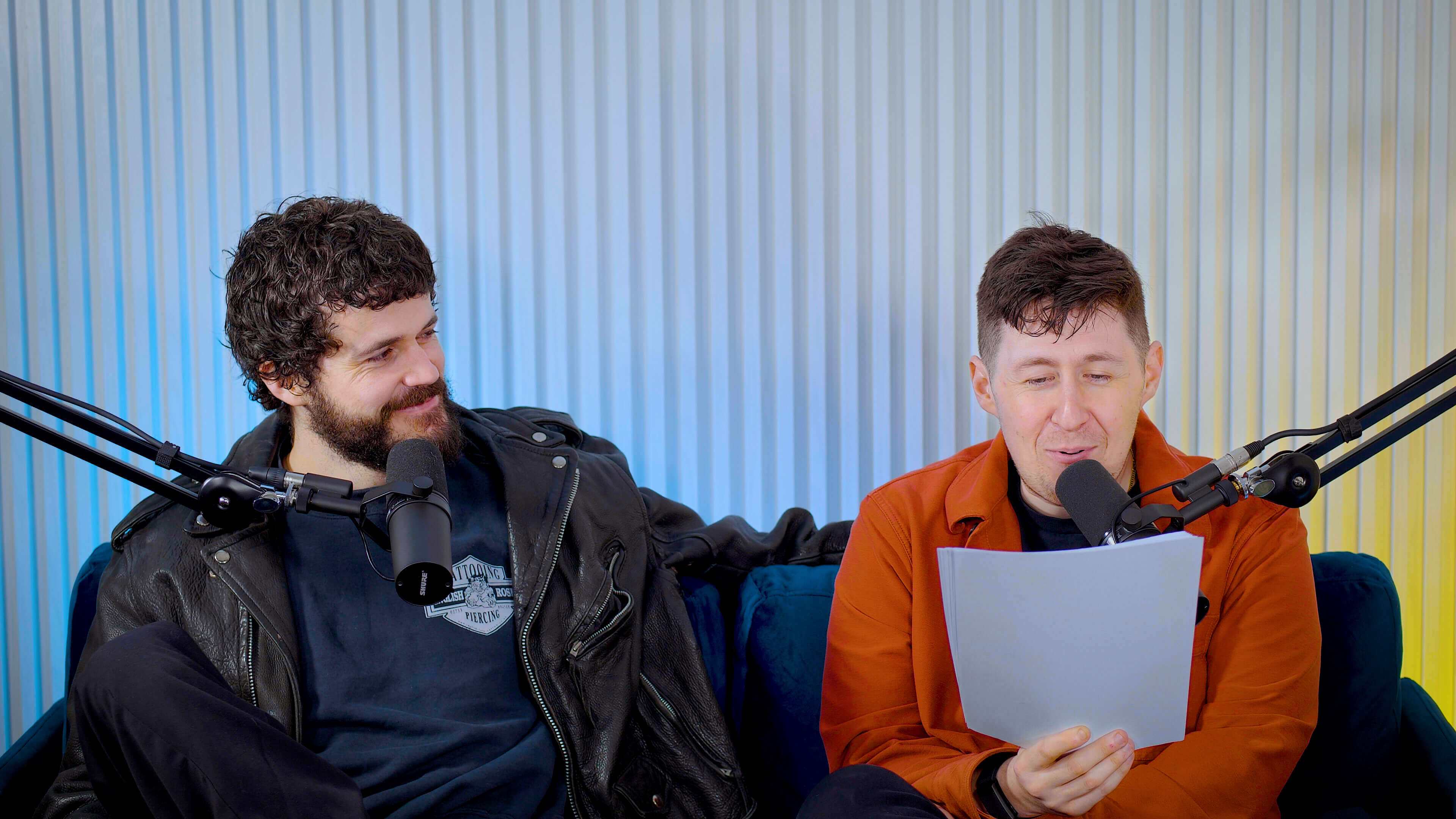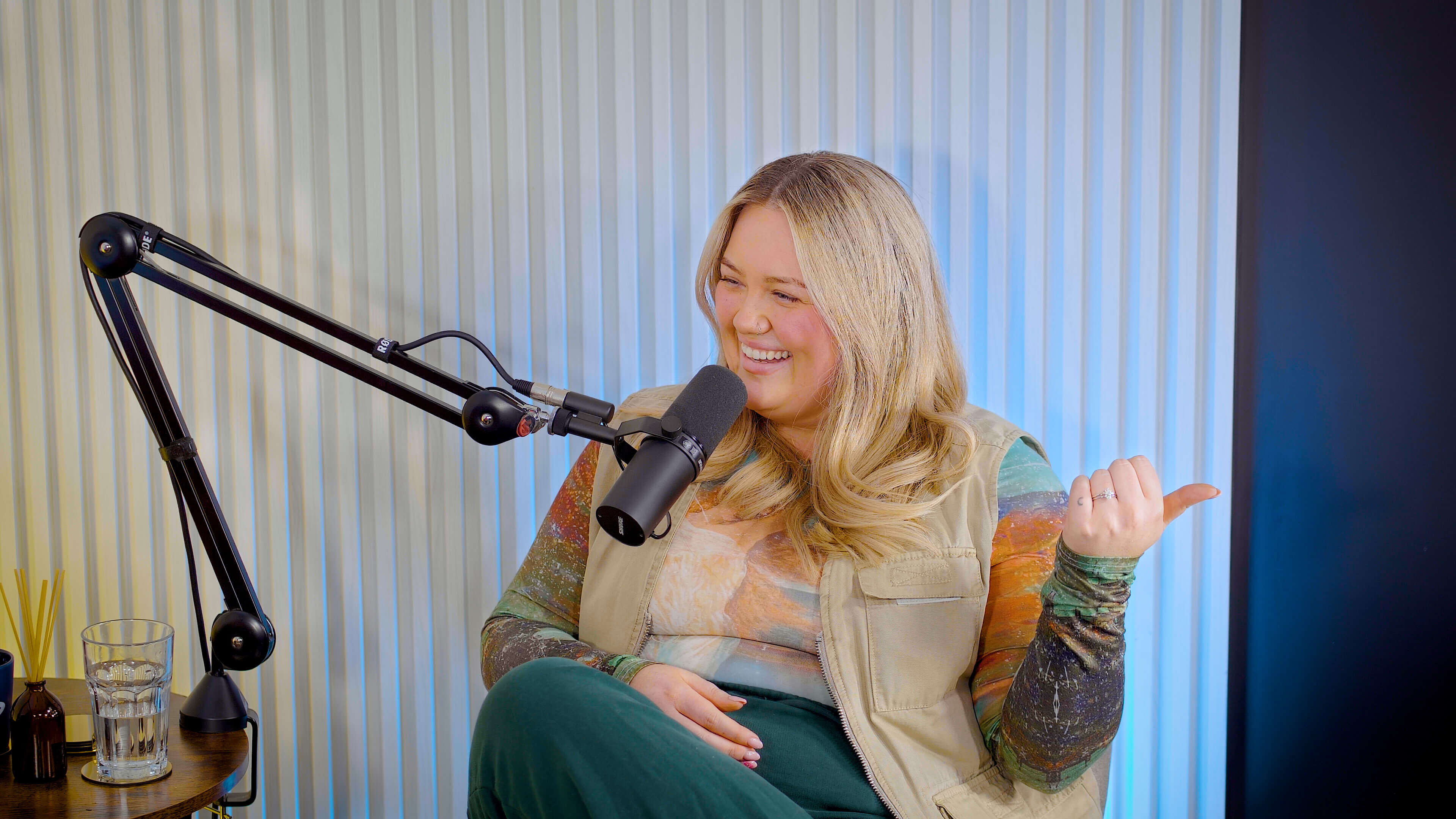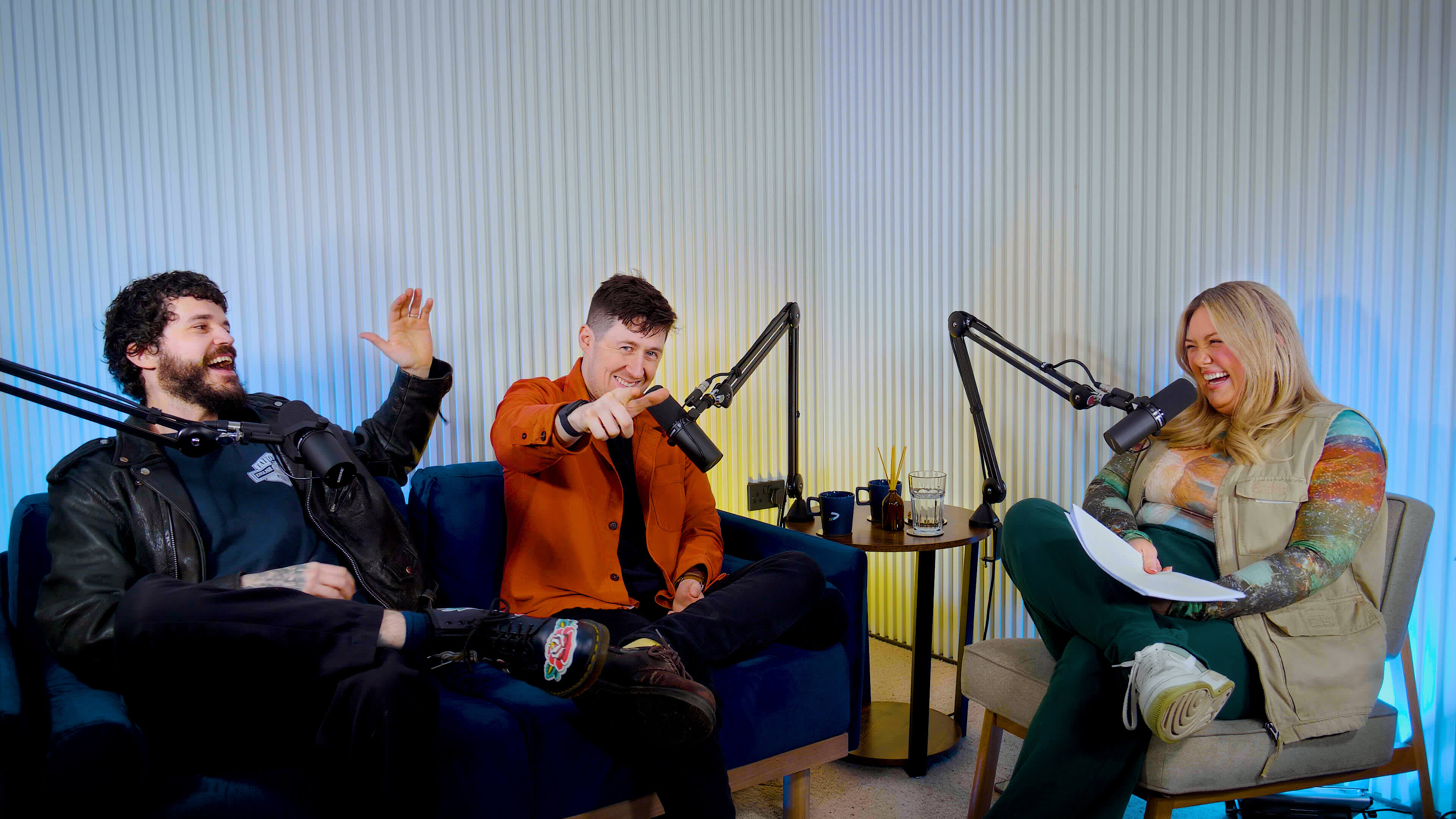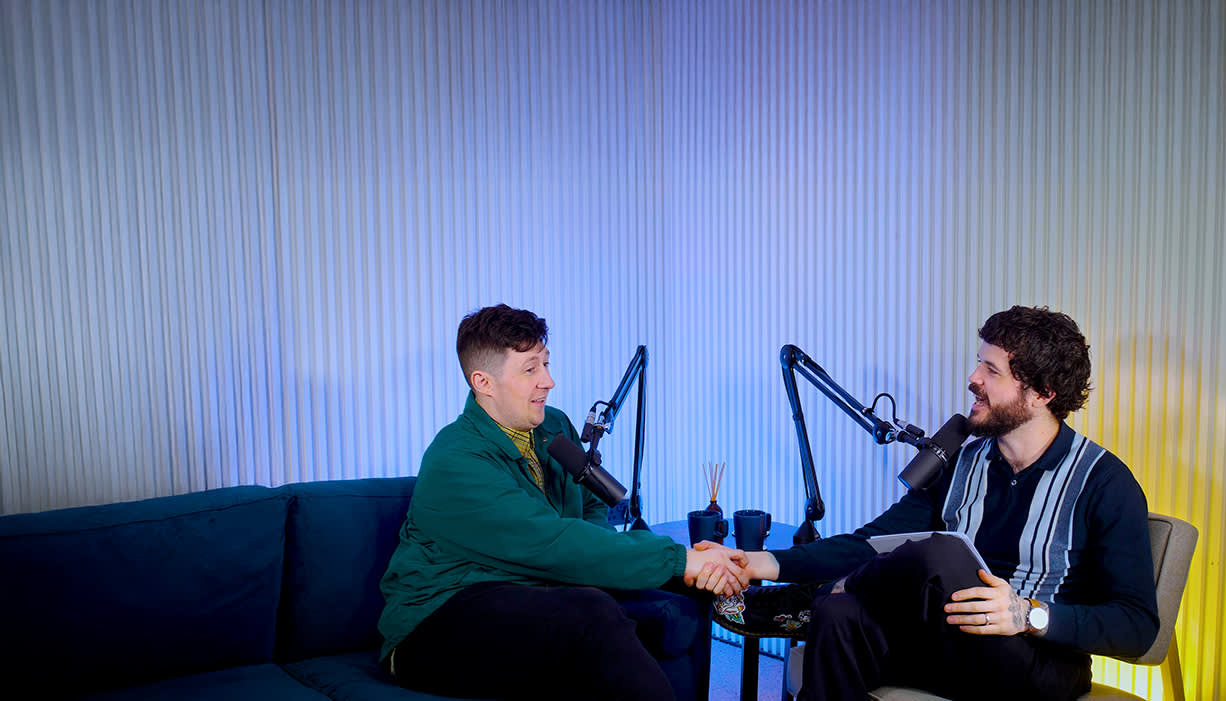
“He can't serve in the military? Let him pursue public service. Must he work in the private sector? Let him be a voice for others. Is he condemned to silence? Let him lead by quiet example. Is it risky to step into the public arena? Let him show his character in private circles, at events, and among friends, being a trusted ally, a steady presence, and a thoughtful companion.” - Seneca
Things rarely go as planned and deals fall through, prospects go cold, markets shift.
A rigid mindset keeps you stuck, but adaptability opens new opportunities.
Recognizing hindsight bias helps us let go of outdated strategies and embrace what works now.
The most resilient individuals aren’t the ones who never face setbacks, but the ones who adjust, pivot, and keep finding ways to create value.
Stay flexible. Keep evolving. That’s how you thrive.
Actionable tips:
- If a deal isn’t moving forward, change your approach; try a different point of contact, reframe your value proposition, or adjust your timing.
- When obstacles arise, don’t dwell on what isn’t working. Ask, What can I do instead? This keeps momentum on your side.
- The best salespeople don’t resist change; they use it. When market conditions shift, be the first to adapt and capitalize on new opportunities.
Remember you will die.
—
Subscribe to The Sales Stoic for daily insights: https://www.dealfront.com/resources/newsletters/the-sales-stoic/
Follow Jack & Zac: Jack: https://www.linkedin.com/in/jack-frimston-5010177b/ Zac: https://www.linkedin.com/in/zac-thompson-33a9a39b/
Connect with We Have a Meeting: LinkedIn: https://www.linkedin.com/company/we-have-a-meeting/ Website: https://www.wehaveameeting.com/
Disclaimer:
The Sales Stoic draws inspiration from the profound wisdom of Stoicism as presented in Ryan Holiday's "The Daily Stoic." As avid readers & fans, we deeply respect the work of Ryan Holiday, and acknowledge the significant impact of Stoic philosophy on our own approach to sales and life.
While The Sales Stoic applies the core principles of Stoicism to the unique challenges and opportunities faced by salespeople, it is an original work with its own distinct voice and focus. We aim to build upon the timeless wisdom of Stoicism to empower sales professionals with practical guidance and actionable insights for success in their careers and personal lives.
![Jack Frimston]()
Jack Frimston
Co-Founder at We Have a Meeting
![Zac Thompson]()
Zac Thompson
Co-Founder at We Have a Meeting
Baby cakes, you just don't know, know. You know that one song? I was gonna give you a little beat. Oh, you're gonna do so now. And I just think you'd like to think of that. Sorry. We lost it. We lost it. But don't worry. We're about to adapt and overcome. We're gonna test our stoic, your honor. I'm gonna leave my hand on your neck like this for the whole quote. Get your hand off me. Wow, really?
The third of June. Sophie, you sitting comfortably? Yeah, I'm really comfy, thanks. Lovely chair. ⁓ I didn't know you were involved in this. good to see you. Right. Thanks for I'll remember that. Wait till the fourth of June. Well, that's not your one. Wait till the fifth of June. I'll be waiting. OK, adapt and overcome. It's my favourite Seneca on the tranquillity of mind. He can't serve in the military. Let him pursue public services. Must he work in the private sector?
Let him be a voice for others. Is he condemned to silence? Let him lead by quiet example. Is it risky to step into the public arena? Let him show his character in private circles at event and monk friends. Being trusted ally, a steady present and a thoughtful companion. Almost. You can tell my tongue's getting tired as the year goes on. Adapt and overcome. Right. So if I guess when you're
Listening to that obviously you've been a company for a little while now Take us back when you when you first started and paint a picture. What did that look like? And what's that journey being like? Yeah, so I've actually moved around quite a few software sales companies different markets different sizes So yeah moving into the one I'm at now first of all, they're Manchester based which you'll love ⁓ Good old northern company
But in all seriousness, that was actually a little bit of a change because everyone's way more chilled in the North. So that was nice. But in terms of like how I moved into and kind of changed roles, I guess, I was very much like a junior, maybe not junior, but less enterprise than I am now. So working on bigger deals and having more, having a bigger target and having more of like me committing more to the company, I guess, like was stressful at first. So.
I think one thing that I always say about like moving into a new role is you want to be a bit of a busy body and like get involved in everyone and slap loads of people and just be annoying. So I definitely tried to, although I'm a salesperson, really get myself into like every part of the business. Like how do we, what are our successful customers? Like what does CS do? How can I improve like the quality of marketing? All that stuff that I think is really important when you first start. Did you always want to work in sales?
No. What did you start into it? Yeah. So I worked my first job was like proper job, not a well actually funny story. I used to be a waitress on rollerblades. Wow. It was a company called Detroit. So I'm from Worcester, the Midlands. I used to have plates on wheel wheel skates. What's I say? Rolls wheel skates. Wheel Wheel skates. Used to literally have to deliver.
food to people's tables on roller skates. How mental is that? I was all right. Well, to be. Yeah. Serious accident. No, but I did. Whoever the please don't come for me. But there was a bill and it was £600 and I accidentally put 60 on the card machine. And at the end of the night, they were like, we're like £540 down on this table. And I was like, oh, it was me. So nothing to do with the roller skates. So no broken bones. No roller skate.
story now. I was pretty good on the roller skates. But you did nearly a million last year, so you need to, Oh, yeah. Yeah. So that was my first job. yeah, going back. Um, I went to empower as like a call center agent and then went into like customer service and then just kind of fall into tech really when I was like 21, I'm nearly 30 and next Wednesday. Congrats. Thank you. Big B day. Um,
So yeah, then I've just been in tech for like eight years or so, but I'm so glad I got into tech sales. It's the best. have been some of the biggest hurdles that you've had to overcome when you, when you've been working in tech sales? What have you got to, what new skills have you had to learn? What kind of blockers have you come against? Transitioning from like B to C when I was at MPAL, my first customer service role was very like actually dealing with the general public, basically.
And then moving into more of like that business acumen mindset where you're selling B2B was a big shift. And also I was like an early twenties, like woman. And I was like, should I really be advising people how to spend like really big budgets? Like, I was just like, what, what do you mean? did, there was definitely like, I didn't feel confident in myself to be able to do that. So I had to kind of sit down and like have a word with myself, like, no, you are actually really good at this.
One of my other roles was like inventory software. So I was selling to like operational leaders and warehouse managers and directors. And I was like, yeah, you should use this accounting system and then this software for this. they, they, so it's 50 year old bloke listening to a 22 year old woman telling him like how to spend his money. And I was just like, it just felt really odd. So I kind of, yeah, I had to like adapt to, to feel confident in myself, like delivering it because I, I feel like
potentially when I was speaking to them, I came across like, you do it if you want, but actually you need to be really confident what you're delivering, like more that consultative approach to sales. So yeah, I definitely had to like change my mindset and like feel more confident in myself. Nice. Permission to therapies? Yeah. Okay. Go for it. There's a thing, the way you just said something is very interesting. You did it twice. You went, when I was a 22 year old woman, when I was an early twenties woman.
So being a woman in sales, have you found that to be something that's on your mind or has been on your mind in your career? Less as I've got older. Yeah. But definitely when I was younger for the reason, yeah, I mentioned like you just most, most leaders in tech or in business, sorry. Yeah. It definitely played a part of like them or me not feeling confident and then thinking that like they shouldn't listen to me because I'm a woman. So.
Yeah, it's definitely played a part, but as I've got older and felt more confident in my ability and what I'm good at, I don't find it an issue now at all. I feel strong. Prove that you don't find it an issue. What do mean? Another 22 year old woman is listening to this now and thinking about getting into tech sales. What advice would you have for them? How would you help them?
overcome any obstacles that they might be coming against. Yeah. Ooh, that's good. I think one thing we can all agree women are good at is tapping into emotions. I'm going to generalize. the question suddenly, but there's one thing you think women are going to use that in nodding. I was going to agree. going to be sad. Whatever you say, was agreeing with you. You just know women agree. I agree. Yeah, I think we're good at tapping into emotions and I think being emotionally intelligent in sales is probably one of the best things you can be. So
I think just being confident with the fact that you, especially when you're trying to like, all here implicate the pain, find the pain, bring it back to the pain. That's why a lot of women salespeople are great because we kind of focus on that and we're really good at doing that. I think just if there's one thing that you take from it is find the pain and just keep on that, keep on that path and you'll be.
I genuinely do think that that is what makes great salespeople really good is always being able to tie it back to like, but why do you care? But why are we even talking? Why are we the conversation today? And that's what I've found once deals have been really successful is that pain has always been like the center of why we're talking. Is that ability to have those kind of therapy sessions with people on discovery calls and talk about that pain and sit them on the show as long and say,
Where does it hurt? Is that something that's kind of natural to you? Is it something you've had to cultivate? Cultivate for sure. Yeah. I'm not very emotional in my personal life. Like I find it hard to talk about feelings. relating that to business, I've had to work on definitely. I think being naturally curious though is what gets you to that point where you can sit down on like that therapy bench and say like, yeah, but why do you
What does that mean? And what does it mean if we don't do this? So it's definitely something that takes practice to like repeat over time. Yeah. What's your favorite sales discovery question? I actually like on a scale of one to 10, you one being you're in like just interested mode and 10 being you're ready to go. Where'd you sit? Hmm. And then if I say seven, how can we get you to 10? Okay.
You see what she did there don't can we move you up? Yeah that's my favourite one. want to buy a pizza marta for myself. Let's talk. Adapting overcome, it's the third of June. I've been Jack Frimston. I've been Zack Thompson. I've been Sophie Ellis. Remember you will die. True or false, Sabrina Carpenter. Please please please.





